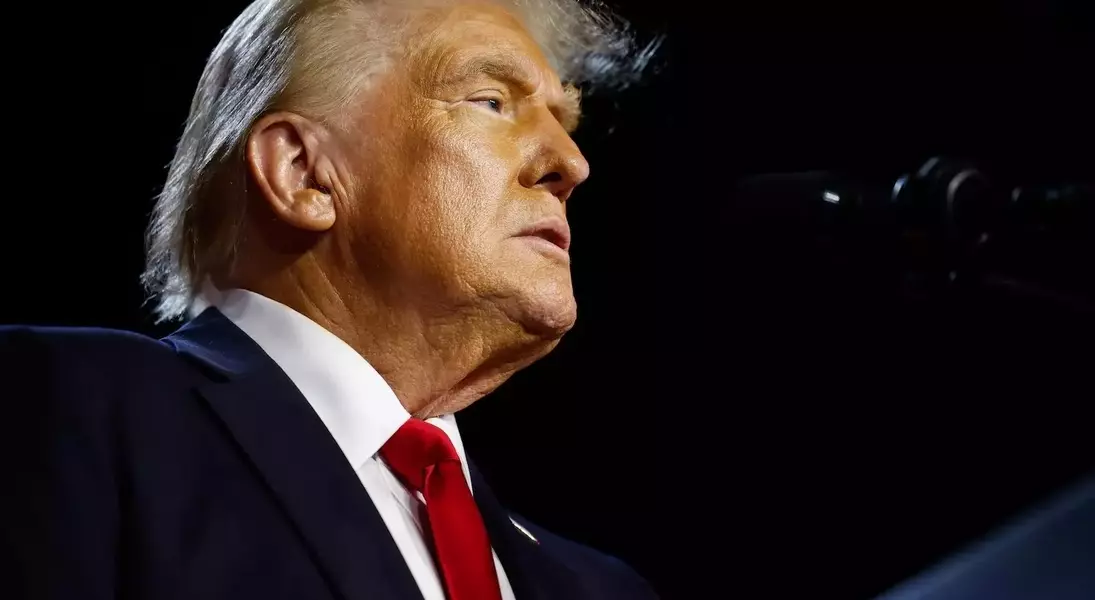Amid growing concerns over worker rights and safety, a recent appointment by the current administration has sparked significant controversy. The choice of a former Amazon executive to lead the Occupational Health and Safety Administration (OSHA) raises questions about the future of workplace protections in the United States.
A Risky Bet on Worker Safety: What This Nomination Means for American Labor
The Background Behind the Appointment
In a move that has left many labor advocates questioning the priorities of the administration, David Keeling, a former director at Amazon, has been nominated to head OSHA. Keeling's tenure at Amazon was marked by numerous incidents where the company faced scrutiny from federal regulators over its handling of worker safety. These incidents highlight a troubling pattern that stretches back years, involving multiple warehouses across the nation. The decision to appoint Keeling comes at a time when Amazon has been repeatedly cited for failing to protect its employees from hazardous working conditions. In recent years, OSHA has issued citations against Amazon for various violations, including unsafe work environments and inadequate protective measures. Notably, in 2022 and 2023, the agency found Amazon responsible for serious safety lapses that put workers at risk. OSHA’s assistant secretary, Doug Parker, emphasized the need for Amazon to address these issues with urgency and implement comprehensive strategies to safeguard employee well-being.A History of Oversight Challenges
Amazon's track record with worker safety is far from stellar. A Senate investigation revealed that the company had ignored internal research indicating that strict work quotas were contributing to worker injuries. Despite this evidence, Amazon continued to prioritize efficiency over safety, leading to an increase in workplace accidents. This pattern of neglect has not only affected individual workers but has also raised broader concerns about corporate responsibility and accountability.Keeling's nomination adds another layer of complexity to this issue. Prior to joining Amazon, he held positions at UPS, where he was involved during periods when the company faced similar safety citations. His experience in navigating regulatory challenges may be seen as valuable by some, but it also raises concerns about potential conflicts of interest. If confirmed, Keeling will be tasked with overseeing the very agencies that have previously scrutinized his former employers.The Broader Implications for Worker Rights
The appointment of Keeling to lead OSHA signals a shift in how worker safety regulations might be enforced moving forward. Critics argue that placing someone with close ties to companies known for safety violations could undermine the agency's mission. There is fear that such appointments may lead to more lenient enforcement of safety standards, ultimately compromising the well-being of millions of workers.This concern is further amplified by the administration's history of aligning with business interests over labor protections. For instance, Deputy Secretary Keith Sonderling, who previously worked in the Labor Department under the first Trump administration, issued guidance classifying gig workers as contractors rather than employees. This decision benefited companies like Uber and Lyft but left workers without essential protections.Corporate Pushback Against Regulatory Oversight
In response to mounting pressure from federal agencies, Amazon has taken steps to challenge the legitimacy of these oversight bodies. Last year, the company joined forces with SpaceX to file a lawsuit against the National Labor Relations Board (NLRB), alleging that the board was unconstitutional. Such actions reflect a broader trend of corporations pushing back against regulations designed to protect workers' rights.If Keeling is confirmed as the new OSHA administrator, it would represent a significant milestone in this ongoing battle between corporate interests and regulatory agencies. The implications of this appointment extend beyond Amazon, potentially setting a precedent for how other companies interact with federal oversight bodies. As the debate continues, the focus remains on ensuring that worker safety remains a top priority in all sectors of the economy.You May Like

